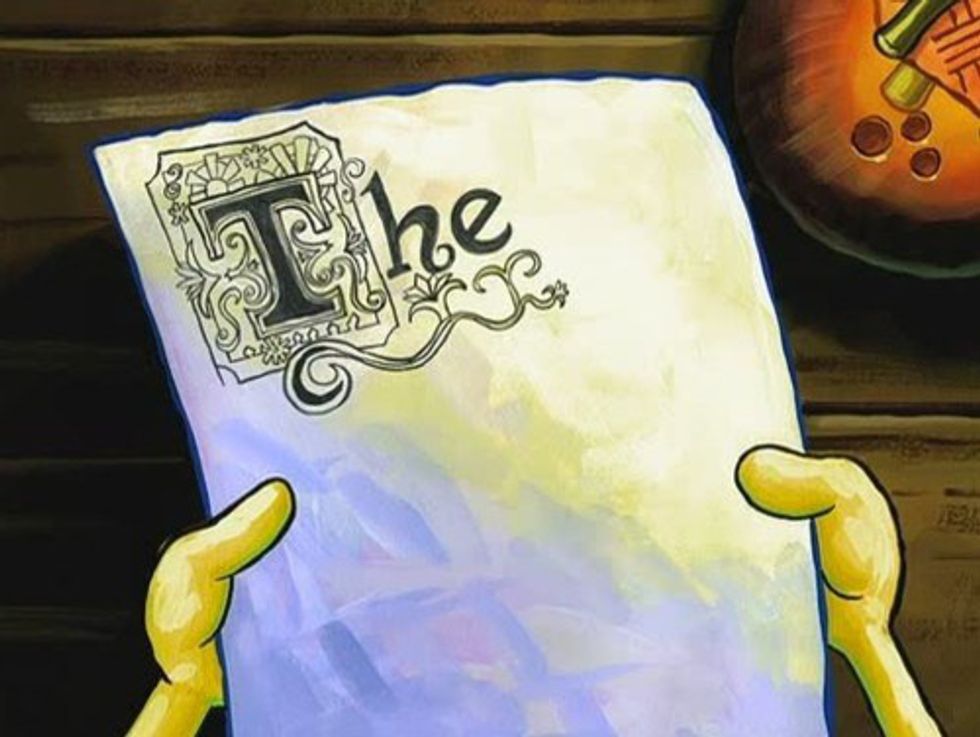For many, this last month has been an opportunity to recharge and refresh from the prior semester, knowing full-well that the next semester will come in like a wrecking ball. And while many of us might feel ready for the upcoming semester, many of us probably aren't prepared for it. Many college students unknowingly make amateur mistakes throughout their collegiate career - I'm no exception to this - and the first step in learning to curb these is by recognizing them.
1. Cut back on procrastination
Is this one even a surprise? Pretty much everybody is guilty of procrastinating from time to time - who would want to write a lab report when they can binge watch the newest season of their favorite show? This tip isn't about cutting out procrastination outright. Rather, it's about recognizing when it's okay to do it, versus when it's highly inappropriate to do it. Okay to do it: when you have an assignment due in three weeks and you need a little break from it. Not okay to do it: when the assignment is due tomorrow and you haven't even started yet.
This might seem a bit odd to hear, but it may also be a wise idea to consider "procrastinating smarter, not harder." There are many studies which will state that humans are the worst at multitasking. With that said, it may be smart to consider, for example, doing coursework while your favorite show plays in the background, similar to how many people do work while listening to music. That way, you'll still get your fill of your show, while also accomplishing whatever work needs to get done.
2. Study smarter; study earlier
Let me know if this sounds familiar: you have an exam for a class tomorrow that you dislike, and in your first act of studying for this exam, you decide to merely reread your textbook and nothing else - no note taking, no practice questions, etc. This "passive learning" plague infects many students. And yet they don't even recognize that their low-grade problem lies right beneath their nose. So few students recognize the advantage they receive when they actively take notes alongside rereading. Many exams revolve around recognition of content, and for these types of exam, taking active learning will aim recognition greatly.
As an addendum to the first point on procrastination: many students are guilty of putting off studying until the night before. Most of us recognize how risky it is to pull such a maneuver, but unfortunately, it's one of those things that we keep doing anyway. Instead of trying to down it all in one night, try instead to do at least an hour of studying every day a week before the day of the exam. While that might not seem like much, that will add up to at least seven hours of studying for the exam - which certainly beats trying to cram an entire course into your head the night before!











 man running in forestPhoto by
man running in forestPhoto by 










